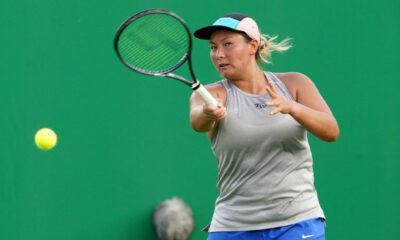Anti-Doping Player News WTA
Tara Moore’s Four-Year Doping Ban Reinstated Amid System Criticism
Tara Moore’s four-year doping ban is reinstated despite prior clearance, exposing flaws in tennis’ anti-doping system.
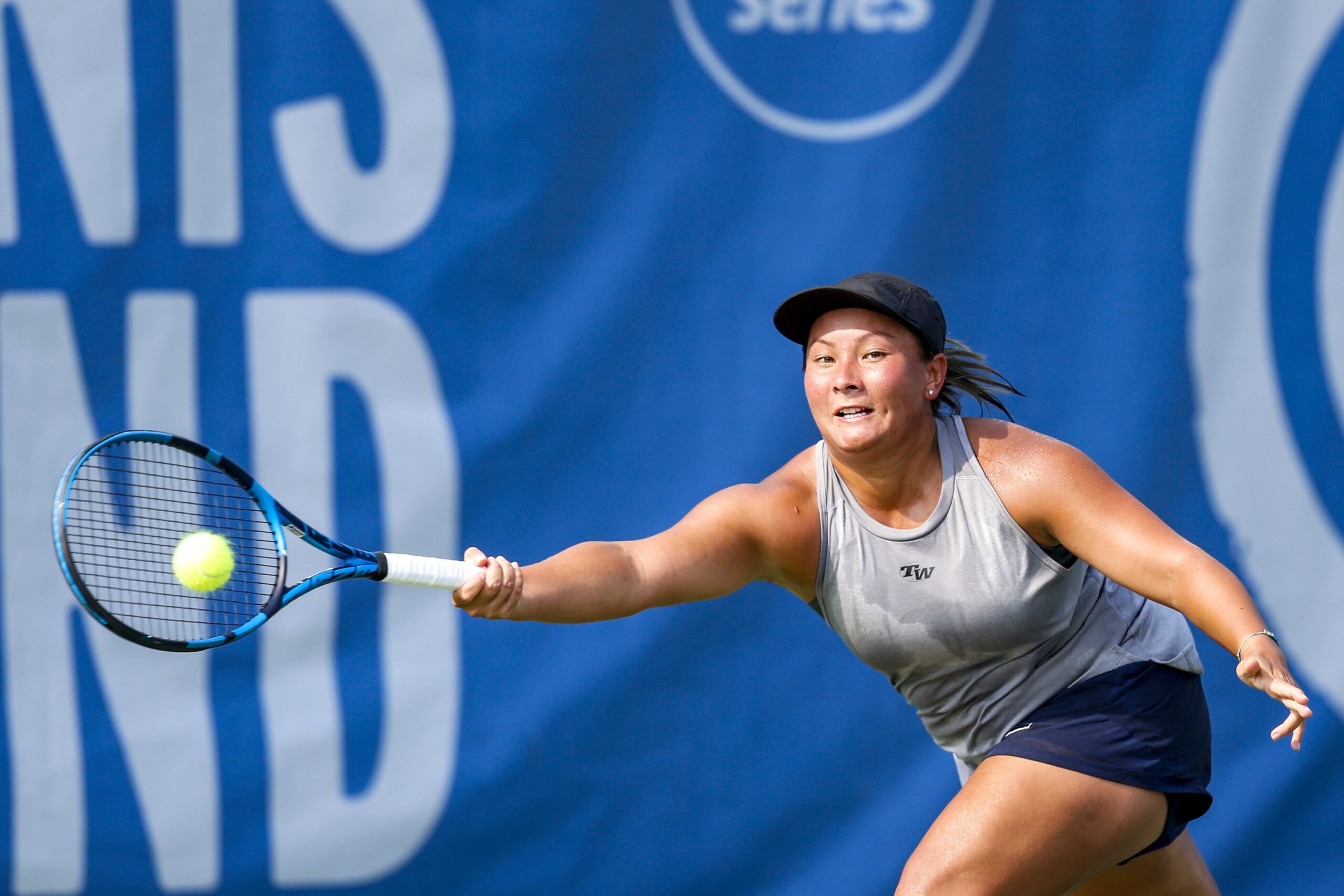
Tara Moore has had her four-year suspension for doping upheld by the Court of Arbitration for Sport (CAS), overturning a prior ruling that cleared her of wrongdoing. The British doubles player had tested positive in April 2022 for anabolic steroids Boldenone and Nandrolone during a WTA 250 event in Bogota, Colombia. Moore has consistently claimed her positive test was due to contaminated meat, a defense supported by the Colombian Olympic Committee and tennis figures such as Judy Murray and Darren Cahill.
An independent tribunal had cleared Moore in December 2023, concluding the contamination was likely from meat consumption. However, the International Tennis Integrity Agency (ITIA) appealed, citing the high concentration of Nandrolone found in Moore’s sample, which exceeded the allowable threshold by a large margin.
ITIA CEO Karen Moorhouse stated, “Our bar for appealing a first instance decision is high, and the decision is not taken lightly. In this case, our independent scientific advice was that the player did not adequately explain the high level of Nandrolone present in their sample. Today’s ruling is consistent with this position.”
Moore has expressed profound frustration with the anti-doping system, describing it as “broken” and has been vocal about the inconsistencies in doping cases involving elite players such as Jannik Sinner and Iga Swiatek. She has played a role in establishing the Athlete Counsel & Equity Program with the Professional Tennis Players Association (PTPA) to provide pro bono legal support for players facing anti-doping and anti-corruption allegations.
Reflecting on her ordeal, Moore wrote on social media, “The last three and a half years have broken me to pieces. I don’t need a panel to tell me I’m innocent. I know the integrity I bring and I know I am innocent. I believe everyone over the last couple of years can see how subjective this process is.”
Ranked No. 864 in singles and 187 in doubles at age 32, Moore returned to competition in April 2024 after a provisional suspension and a GoFundMe effort to rebuild her career. Her case highlights ongoing challenges within tennis’s anti-doping system and the difficulties faced by players contesting violations.
Anti-Doping BNP Paribas Open Player News
The Big T: Serena’s Return Rumors, Anti-Doping and an Unlikely Rivalry
Petkovic and Petchey discuss Serena’s possible return, anti-doping steps and upcoming events. ahead.

Episode 6 of The Big T is now available at TheBigT.com. Hosts Andrea Petkovic and Mark Petchey open with a wide-ranging conversation that moves from recent sporting events into tennis proper.
They first discuss the Winter Olympics and the Super Bowl, and Petkovic offered a measured take on the halftime performance: “I think art is not supposed to be for everybody. It is supposed to represent something of what the artist wants to express, from their own life experience, and from their own self.
A lot of people will resonate with that, and many people won’t. Andrea Petkovic, on Bad Bunny
Petch, for his non-tennis take, discussed the daring but ultimately dangerous decision Lindsay Vonn made to take part in the Winter Games after tearing her ACL just days earlier.
“People in that sphere, who have done absolutely incredible things, have absolute autonomy about deciding whether they want to go out and perform. If we didn’t allow great athletes and great people to try and have great failures, we’d still be living in caves.
I kind of found it inspiring. I know there’s a lot of people that don’t feel that. Mark Petchey, on Lindsay Vonn
The episode then turns to a story reshaping the tennis calendar: the possibility of Serena Williams returning to competition. It has been more than three years since the 23-time Grand Slam singles champion last played. On February 22 she will be eligible to compete after filing the required paperwork with the International Tennis Integrity Agency, the sport’s drug-testing organization.
“There’s no question there is a plan, there’s something that is bubbling around in the background,” says Petchey. “Austin starts on February 23rd…” noted Petkovic with a smile, having already looked at the calendar. (Venus Williams has already accepted a wild card into the tournament.)
“If she’s going to do this,” says Petchey, “then why would not turn up at Indian Wells and Miami and play doubles with Venus?”
Petkovic notes that Williams has returned to the anti-doping list for six months, exposing herself and her family to additional scrutiny. “She is planning something big, and personally cannot wait!”
Petchey and Petkovic also dig into a new and perhaps unlikely rivalry between Patrick Mouratoglou and Jo-Wilfried Tsonga. Listen to the full episode at TheBigT.com or call 844-678-BIGT for more.
Anti-Doping Player News
Serena Williams Stops Short of Closing Door on Competitive Return
Williams denied a comeback on X in December but declined to rule it out in a recent interview. today

Serena Williams tempered a December social-media denial of a comeback when she addressed the topic during a recent morning interview. In early December she posted on X, “Omg yall I’m NOT coming back. This wildfire is crazy-,” but her responses in the studio that followed were more measured.
Asked about a possible return while promoting a Super Bowl ad for Ro, a health company that markets and prescribes GLP-1 drugs, Williams smiled and pushed back at the line of questioning. “I mean, really? Are you asking this on the ‘TODAY’ show?’ Oh my goodness,” she said, drawing laughter. “I’m just having fun and enjoying my life right now,” she added.
Williams, who shares daughters Olympia, 8, and Adira, 2, with her husband Alexis Ohanian, described herself as a “full-time, stay-at-home” mom and has even listed her occupation as “housewife” on a recent form. She has not labeled the season she stepped away in 2022 as formal retirement.
When pressed about reports that she had reentered the drug testing pool, Williams laughed: “Did I reenter? I don’t know if I was out. Listen, I can’t discuss this.” Co-host Savannah Guthrie suggested that the moment could settle speculation: “OK, I’m just saying if I wanted to put it to bed, this would be a good moment. To put the retirement rumors to bed,” to which Williams quipped: “I want to go to bed. It’s early.”
Public and media interest in a potential comeback has centered in part on the 2028 Olympic Games in Los Angeles. The Williams sisters won Olympic doubles gold in 2000, 2008 and 2012, and fan speculation has grown since Venus Williams returned to competition last summer after more than a year away. At that time Venus said, “I don’t ask those questions.” She added, “We always did everything together, so of course I miss her. But if she comes back, I’m sure she’ll let y’all know,” leaving the question open rather than settled.
Anti-Doping Player News US Open
Tomljanovic welcomes talk of Serena Williams return, says ‘It’s great if she comes back’
Tomljanovic, the last player to beat Serena at the 2022 US Open, welcomes a possible comeback. Soon.
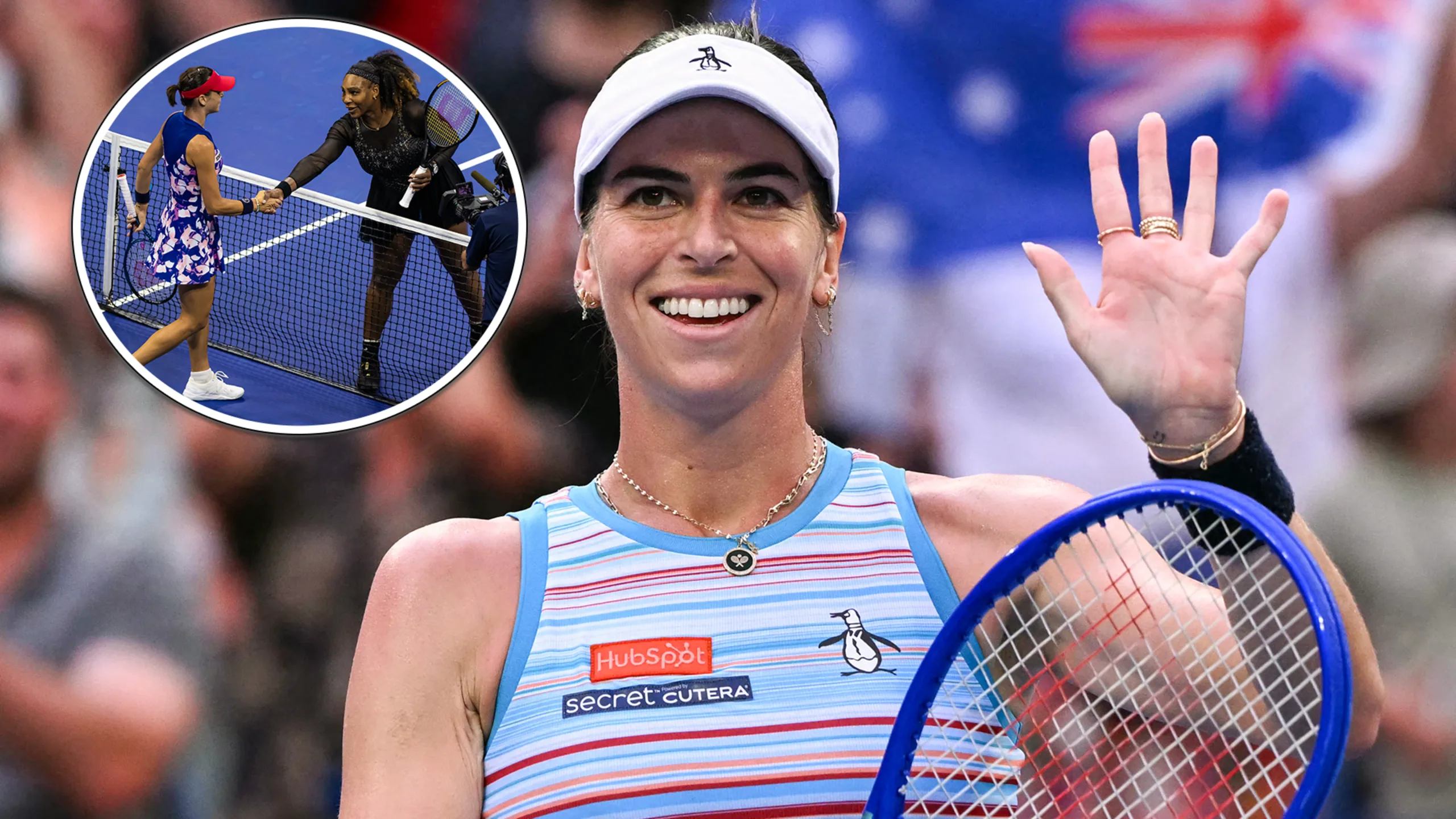
Ajla Tomljanovic, the last player to defeat Serena Williams in a main-draw match at the 2022 US Open, reacted to renewed speculation about the 23-time Grand Slam champion possibly returning to competition. The talk began after Williams re-entered the anti-doping testing pool, a step that made a comeback legally possible as soon as this summer.
Tomljanovic called the situation a “win-win.” “I think it’s great if she comes back,” she said after a three-set victory over Yuliia Starodubtseva on Monday. “We definitely miss her.
“I do hope in a way that I stay the last one just ’cause it’s cool. Maybe it’s for doubles, who knows. I think we’ll have to wait and see.”
The Australian noted the mixed emotions that accompany talk of a return from one of the sport’s most decorated players. While Williams publicly dismissed the comeback idea on social media, the administrative step of re-entering the testing pool triggered speculation within the tennis world and beyond.
Tomljanovic, a former world No. 32, has navigated her own period of uncertainty. Last summer she launched an interview series titled Love Ajla, in which she speaks with other players about life, love, and the pursuit of tennis success. That project prompted questions about her future on tour, questions she quickly addressed.
“A few people came up to me [asking], ‘Are you like…?’ No, no, no, I still got my day job!
“I just feel like it’s fun to try new things still connected to tennis. Yeah, I will hopefully do more of that. But as long as I’m healthy and enjoying tennis, I really hope my career, there’s still a few good years left in me.”
With time ahead to build her own record, Tomljanovic said she is open to whatever unfolds for her former rival and for women’s tennis more broadly.
-
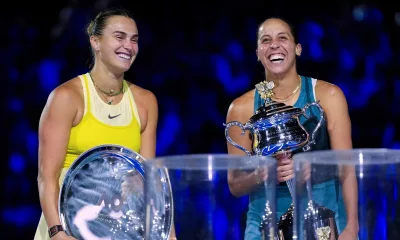
 ATPAustralian OpenGrand Slam2 months ago
ATPAustralian OpenGrand Slam2 months agoAustralian Open announces record A$111.5 million prize pool for 2026
-
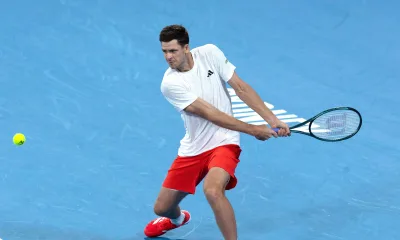
 ATPUnited CupWTA2 months ago
ATPUnited CupWTA2 months agoHurkacz edges Zverev in straight sets in United Cup return
-

 ATPPlayer NewsWTA2 months ago
ATPPlayer NewsWTA2 months agoVesnina rejects claim that podcast aired unapproved Kudermetova anecdote about Rune


